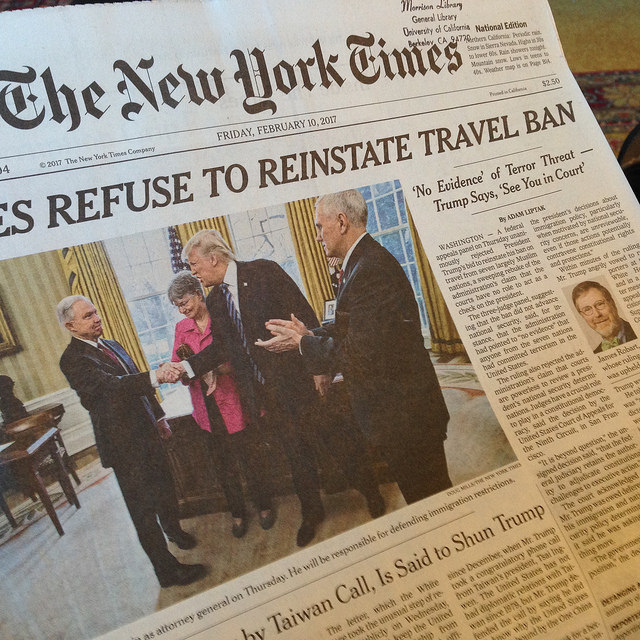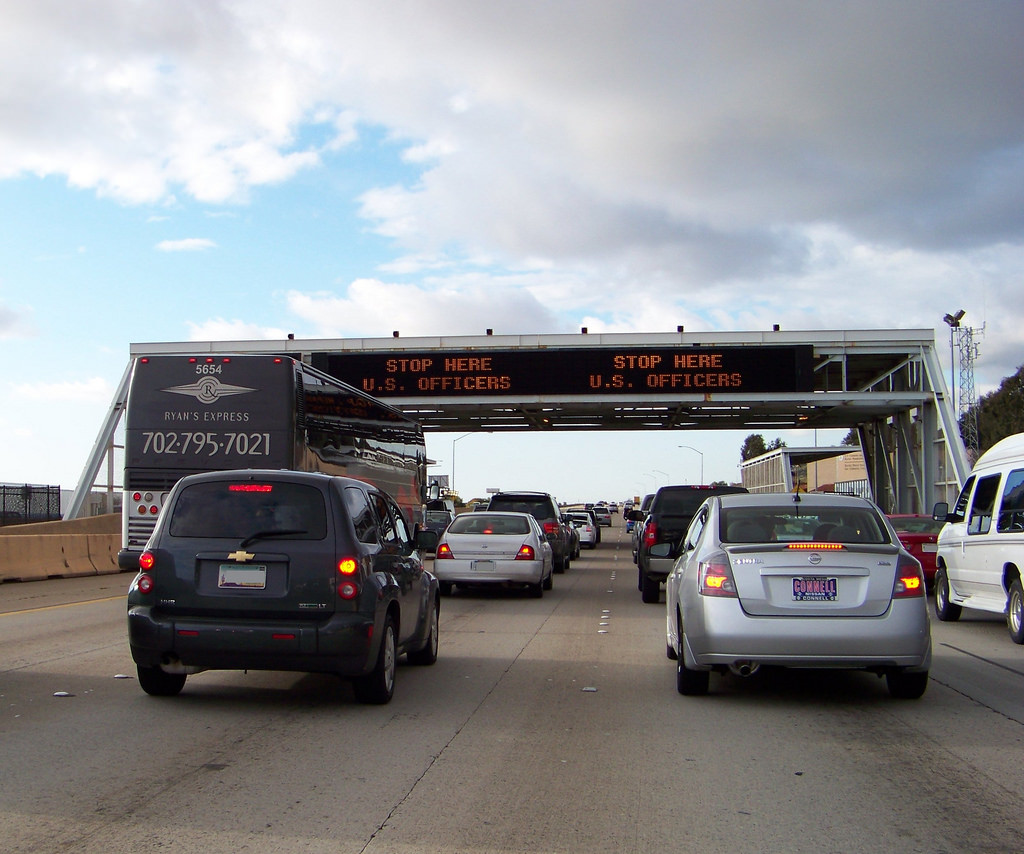On May 23, 2017, President Donald Trump unveiled his controversial budget proposal “A New Foundation for American Greatness” for FY 2018 which intends to make good on his promise to crack down on illegal immigration and apprehend undocumented immigrants with a criminal record. In a message accompanying his budget proposal, the President stated, “In these dangerous times, our increased attention to public safety and national security sends a clear message to the world — a message of American strength and resolve. It follows through on my promise to focus on keeping Americans safe, keeping terrorists out of our nation, and putting violent offenders behind bars.” To that end, the President has requested an additional $2.7 billion in funding to bolster border security and immigration enforcement measures. In addition to tightening the southern border, the budget proposal seeks to prevent undocumented immigrants from receiving tax credits by requiring individuals claiming child tax credits to provide a verifiable Social Security Number valid for employment purposes.
The budget also takes aim against “sanctuary cities” throughout the United States which serve as haven communities for undocumented immigrants. One of the proposals seeks to force local governments to cooperate with federal immigration authorities by detaining undocumented immigrants in local jails, and complying with orders from immigration officials to assist federal authorities in holding and detaining undocumented immigrants for removal. Noncompliance would result in withholding of federal grants.
Although federal law requires that local governments allow employees to share information about undocumented immigrants with federal officials, local governments are not required to assist federal law enforcement in the detention process, those that do, do so voluntarily. A provision in the President’s budget proposal attempts to change this by changing federal law to force local government to comply with federal requests to detain undocumented immigrants in local jails. As part of this provision, federal grants would be disseminated only to cities complying with federal authorities.
 Visa Lawyer Blog
Visa Lawyer Blog













